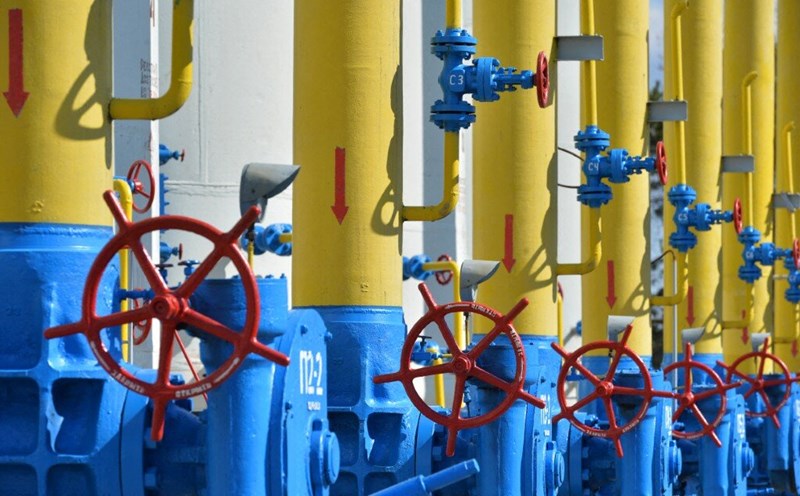German imports from Russia have fallen by 95% in the 2021-2024 period, while exports to Russia have also fallen by 72%, according to a report released by the German Federal Statistical Office (Destatis) on June 11.
Germany, like other countries across Europe, is building more facilities to handle the growing amount of imported liquefied natural gas (LNG), mostly from the US.
When the Russia-Ukraine conflict broke out in 2022, Germany found that the country had no port warehouses to provide the necessary alternative energy sources to maintain the operation of factories and heating. Three years later, Germany had four LNG depots.
The most recent port warehouse began operating at the end of May in Wilhelmshaven. The port warehouse in Wilhelmshaven is one of many similar efforts across Europe, aiming to establish LNG facilities to remove the impact of Russian gas. LNG can be brought from any country, the US, Qatar, Australia.
Laura Page - an analyst at research firm Kpler - said that since the summer of 2022, Europe will increase its LNG receipt capacity to about 30% per year, equivalent to 60 million tons. The majority of this increase comes in Germany.
LNG will account for about 40% of Europe's gas supply in 2024, nearly double that of 2020. Nearly half of the imports come from the US.
The media said that the conflict in Ukraine has changed the way Germany, as well as many other places in Europe, views energy. As a result, Wilhelmshaven is emerging in the plans of energy developers. In addition to the LNG terminal warehouse at Wilhelmshaven, two other facilities have also been built at Brunsbuttel and Stade, which are about 130 km east of Wilhelmshaven.
In the EU as a whole, imports from Russia will decrease by 78% and exports will decrease by 65% in the period from 2021 to 2024, leading to a trade deficit of 4.5 billion euros in 2024, compared to 147.5 billion euros in 2022, destatis added.
The main reason for the EUs import deficit to persist in 2024 is that the EU continues to import Russian oil and gas in significant volumes, destatis wrote in the report.
According to the European Commission, in 2020, the European Union was Russia's largest trading partner, accounting for 36.5% of total import turnover and 37.9% of total export turnover of the country.
The information was given in the context of the European Commission proposing the 18th package of sanctions against Russia due to the conflict in Ukraine, targeting revenue from Russia's energy, banking system and military industry, European Commission President Ursula von der Leyen said on June 10.











